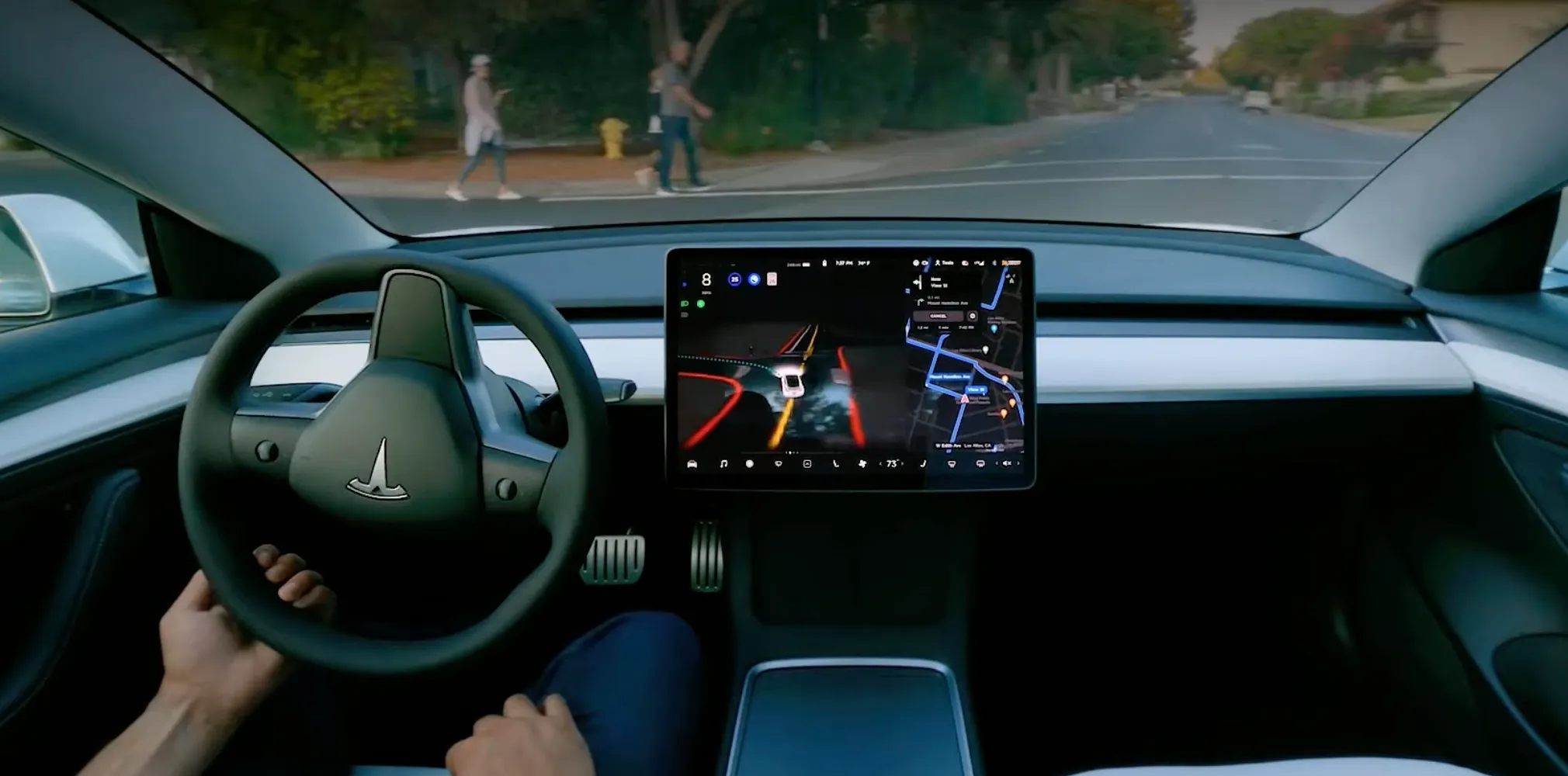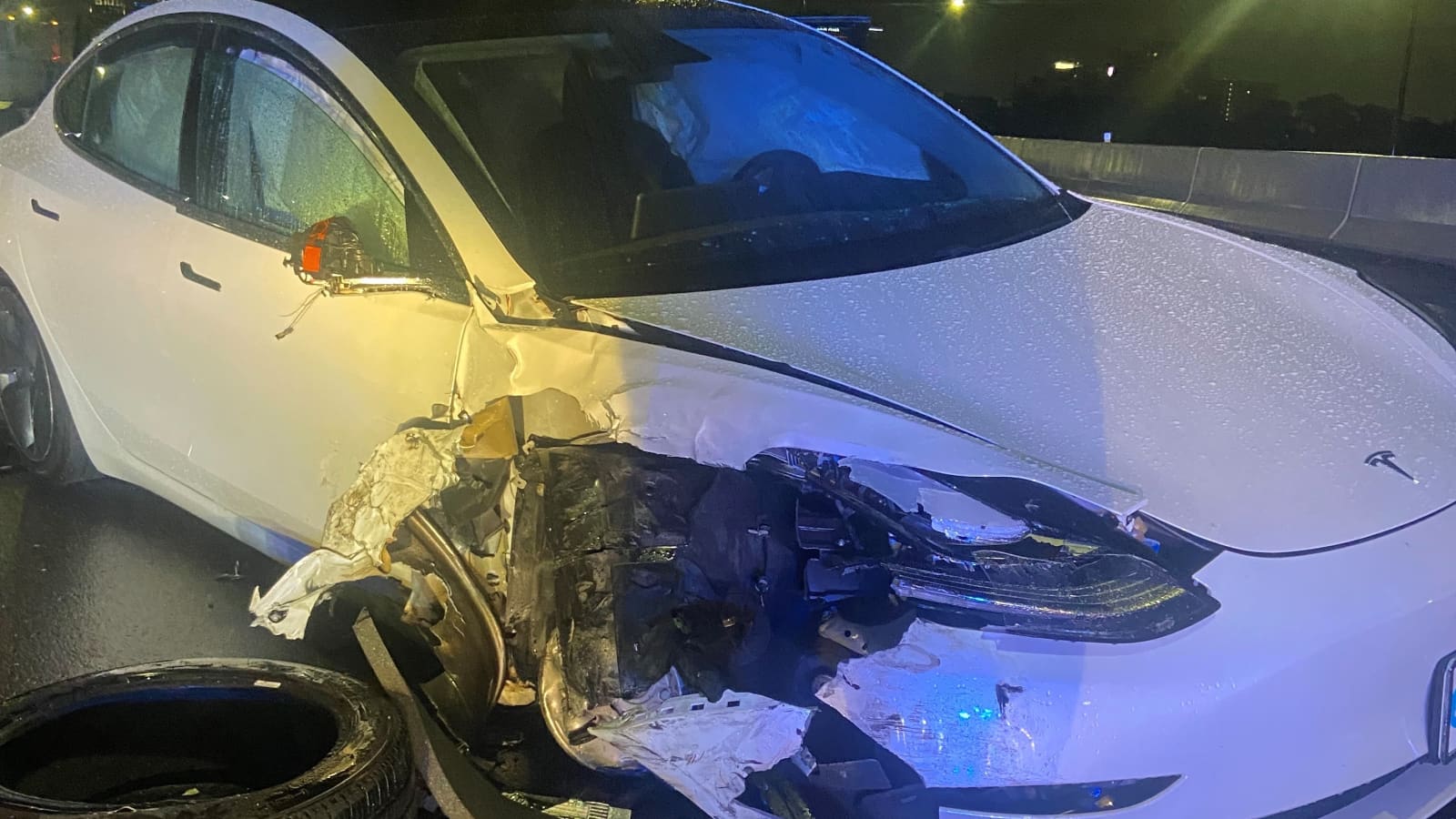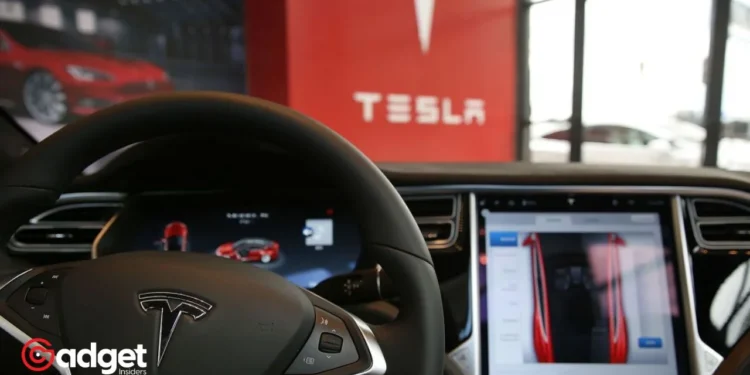In the serene yet treacherous bends of a Colorado mountain road, the future of automotive technology met with a grim reality. Hans von Ohain, a dedicated Tesla recruiter and a fervent believer in the marvels of electric vehicles (EVs), tragically lost his life in 2022. His Tesla Model 3, reportedly under the control of Tesla’s Full Self-Driving (FSD) feature, veered off the road, collided with a tree, and was engulfed in flames.
This incident, a heartbreaking convergence of human error and technological ambition, raises profound questions about the safety and reliability of autonomous driving systems.
Erik Rossiter, a friend and surviving passenger, recounted activating the auto-drive feature moments before the catastrophe. The incident, potentially the first fatality linked to Tesla’s FSD, has thrust Tesla’s driver-assistance technologies under intense scrutiny.
With over 900 reported crashes involving Tesla’s driver-assistance systems since 2021, the automotive and tech communities are reeling from the implications for road safety and the future of autonomous vehicles.

Tesla’s ambitious FSD technology, still in beta, has been rolled out to over 400,000 customers, touted as a significant leap towards safer roads. However, the technology’s limitations, underscored by the user guide’s scenarios where FSD may falter, coupled with the recent crash, underscore the critical need for regulatory oversight and a deeper understanding of how such technology interacts with the unpredictable variables of real-world driving.
Tesla: The Ethical Crossroads of Autonomous Driving
The tragedy has not only cast a shadow over the company’s technological promises but also ignited a debate on the ethical considerations of deploying autonomous driving technology. Tesla, while marketing its Autopilot and FSD features as steps toward fully autonomous driving, insists on the necessity of driver vigilance.
Yet, the fatal crash in Colorado and the ensuing investigations into Tesla’s self-driving claims spotlight the chasm between marketing narratives and the current capabilities of autonomous vehicles.
Nora Bass, von Ohain’s widow, voices a poignant critique of the false sense of security purportedly sold by Tesla and its charismatic leader, Elon Musk. Despite von Ohain’s inebriation at the time of the crash, Bass contends that the responsibility shared by Tesla, given its claims of superior autonomous capabilities, cannot be overlooked.
This sentiment echoes across the legal battles Tesla faces, with allegations that the company has marketed a fully self-driving capability that remains, at best, a work in progress.
Tesla worker killed in fiery crash may be first 'full self-driving' fatality: https://t.co/pGNQBlkYzy $TSLA
Hans von Ohain, 33, was killed in the 2022 crash in Colorado after his Tesla swerved off the road he was on while using the auto-drive feature. Although his blood alcohol…
— Bill Madden (@maddenifico) February 13, 2024
The Road Ahead: Navigating Technological and Ethical Dilemmas
As the automotive world grapples with the fallout of the Colorado crash, the incident serves as a somber reminder of the complexities inherent in integrating autonomous driving technology into our daily lives. The pursuit of innovation, while noble, must be tempered with caution and a steadfast commitment to safety and ethical responsibility.
The dialogue surrounding Tesla’s FSD feature, its capabilities, and its implications for the future of transportation is far from over. It beckons a collective reflection on how we navigate the delicate balance between embracing the potential of autonomous vehicles and safeguarding the lives they are meant to improve.

The tragedy of Hans von Ohain’s death is not just a story of individual loss; it is a critical juncture in the ongoing narrative of technological advancement. As we forge ahead, the lessons learned from this incident must inform a more nuanced approach to the development and deployment of autonomous driving technologies.
The promise of a future where vehicles navigate our roads with precision and safety remains undimmed, but achieving that future requires a path marked by rigorous testing, transparent communication, and an unwavering focus on the human lives at stake.










